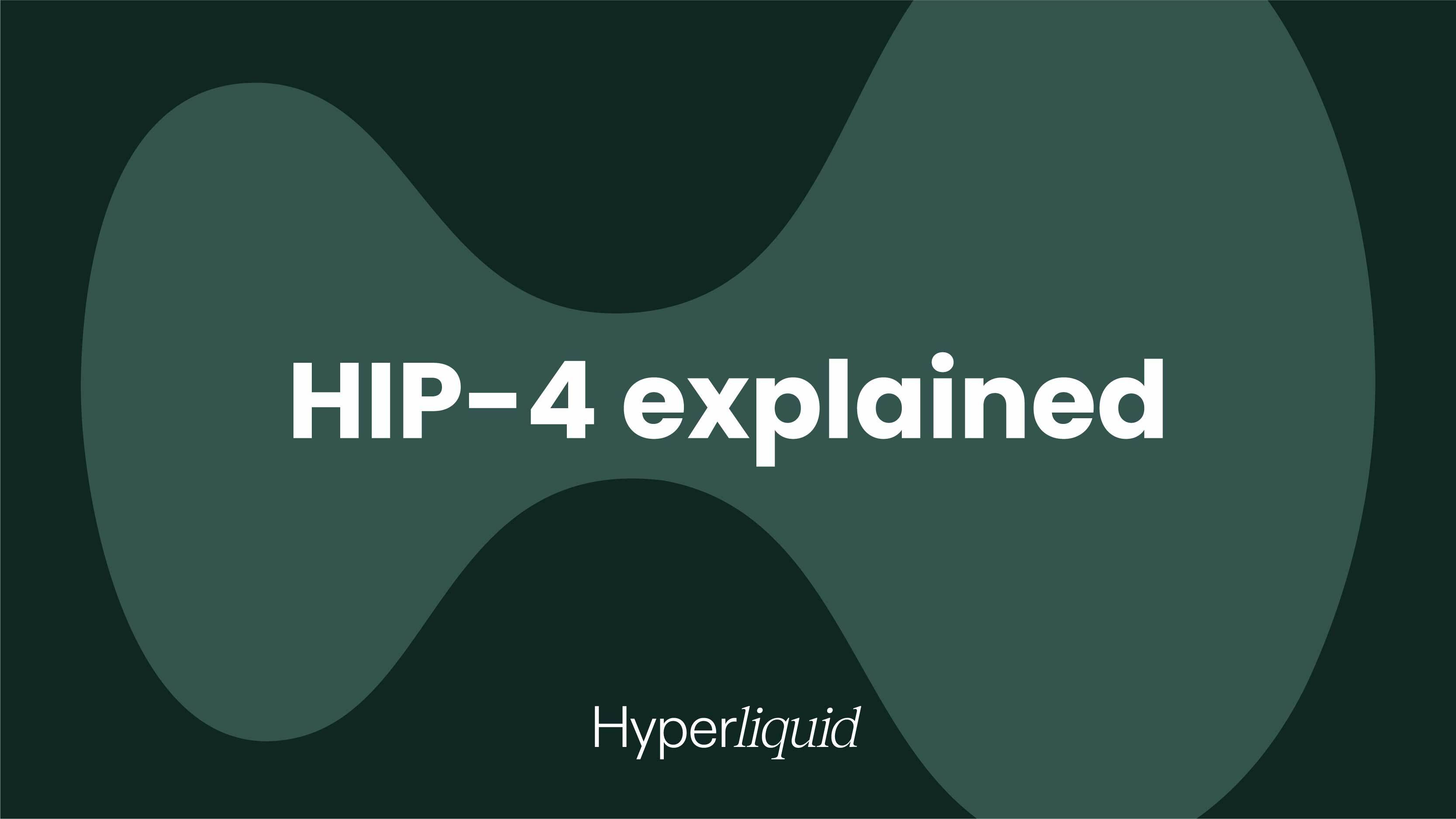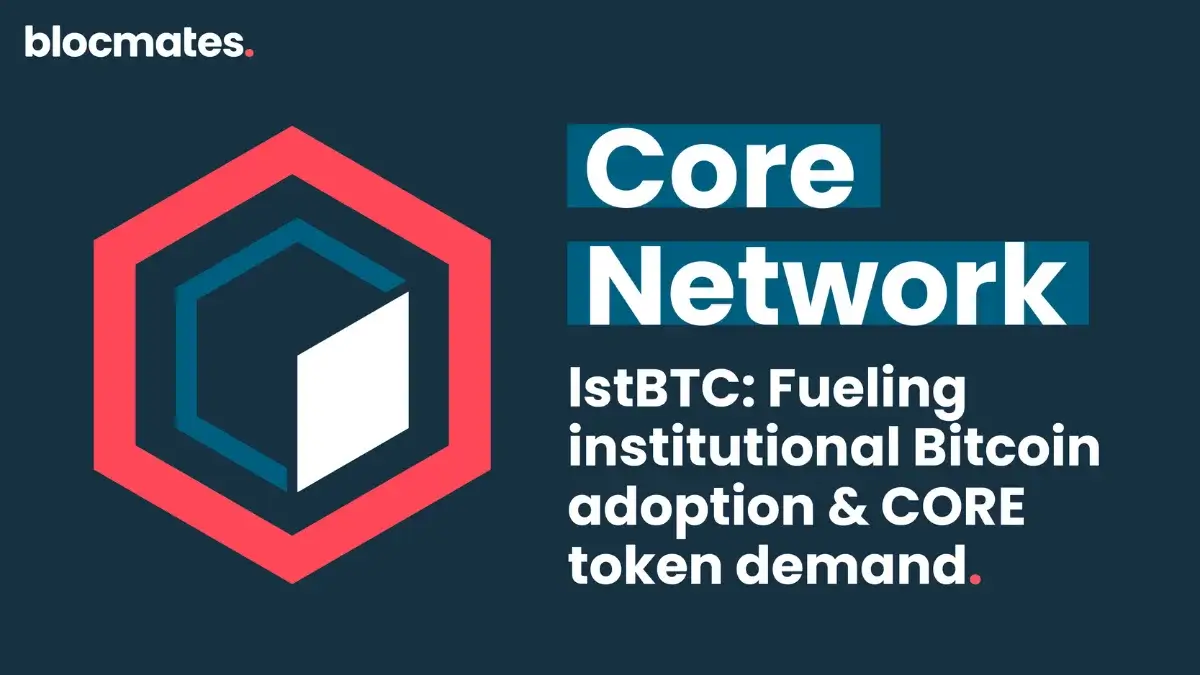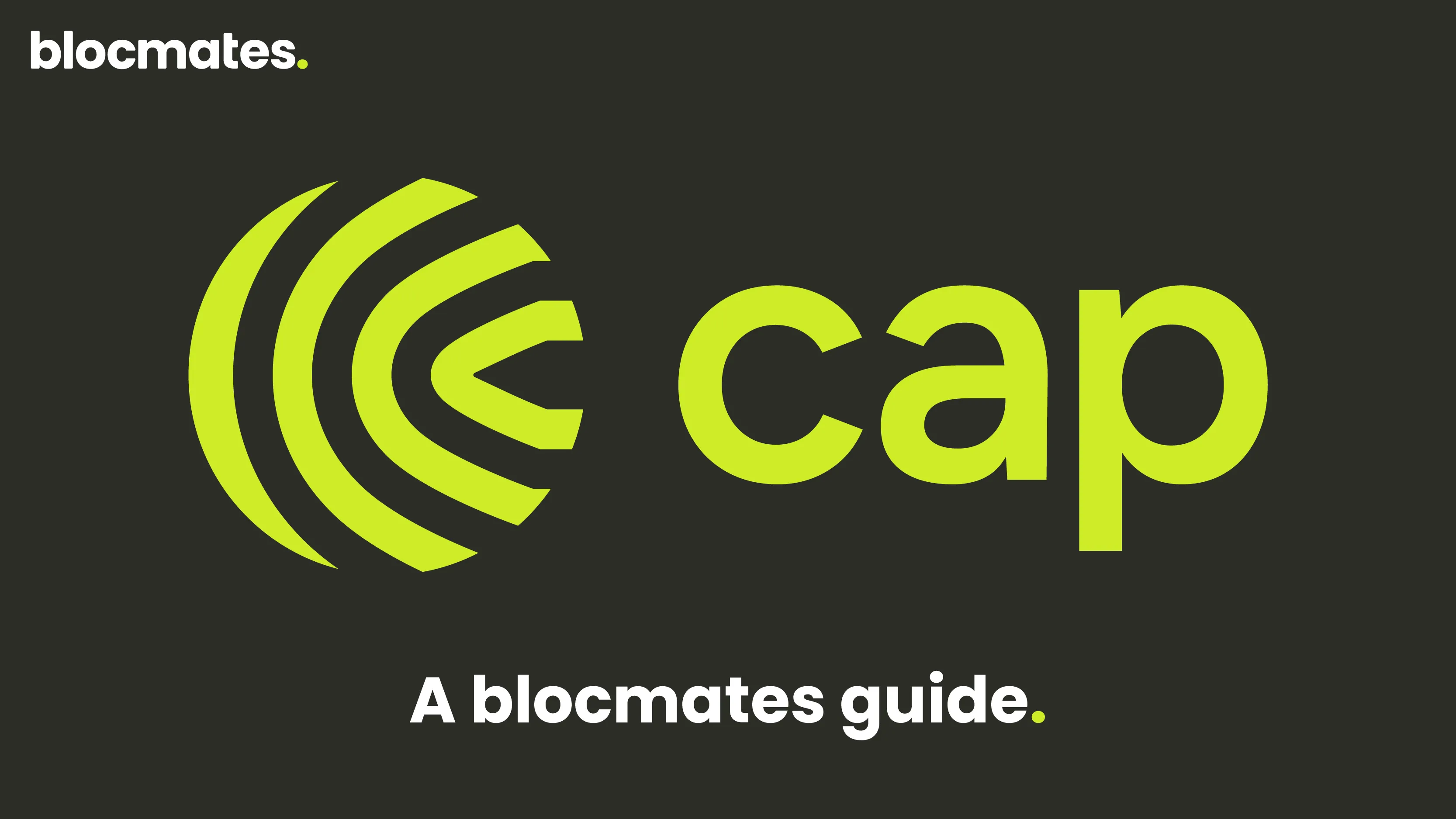Coinbase-incubated Base, the Ethereum Layer-2 network, is taking its first steps toward potentially introducing a native token.
The announcement came from Base creator Jesse Pollak during the BaseCamp conference in Vermont on Monday, marking a notable shift from Coinbase’s earlier stance that there were no plans for a Base token.
While the team has emphasized that nothing is finalized, the idea is now officially “on the table.”
From gas fees to governance
Until now, Base has relied exclusively on ETH as its gas token, positioning itself as an extension of Ethereum rather than a self-contained ecosystem.
Pollak framed the network’s role in similar terms at the conference, saying, “Base is a bridge, not an island,” highlighting the chain’s goal of connecting more deeply with the wider Ethereum ecosystem.
In a blog post published the same day, the Base team explained why the token conversation is emerging now. “When Base launched, our priority was clear: to build a secure, low-cost, developer-friendly chain and ecosystem. Launching a token wasn’t necessary to reach those goals, and we wanted to focus on the core product,” the post read.
The shift comes after Base reached milestones like sub-second, sub-cent transactions and advancing to “Stage 1” under Ethereum co-founder Vitalik Buterin’s rollup decentralization framework with the launch of permissionless fault proofs.
A token, the team noted, could help accelerate decentralization, open new opportunities for builders, and support the network’s long-term vision of an onchain economy. Coinbase CEO Brian Armstrong confirmed the exploration phase on X, stressing that “there are no definitive plans.”
Broader context and new integrations
Base’s move comes as other Layer-2 projects in the Optimism Superchain are also advancing governance and token strategies. The Ink Foundation, which oversees Kraken-incubated Ink, recently disclosed plans for a utility token called INK.
Similar developments suggest a broader shift among rollup networks toward native tokens as a means to distribute governance and align incentives.
At the same time, Base is expanding its technical reach. Pollak announced that Base has integrated an open-source bridge to Solana, enabling users to move SOL and Solana Program Library (SPL) tokens into Base applications and transfer Base assets back to Solana.
This step, Pollak suggested, reflects the project’s emphasis on interoperability and its goal of reducing fragmentation across blockchain ecosystems.
Base emphasized that any token launch would be done in coordination with regulators, given historical resistance in the U.S. to exchange-native tokens.





























.webp)

.webp)
.webp)

%20(1).webp)



























































%202.webp)


.webp)

.webp)
.webp)
.webp)



.webp)



.webp)
.webp)

.webp)
.webp)
.webp)


.webp)
.webp)










.webp)


.webp)









.webp)







.webp)




.webp)

























.webp)







.webp)















.webp)

.webp)
.webp)

.webp)














.webp)

.webp)


.webp)








.webp)




